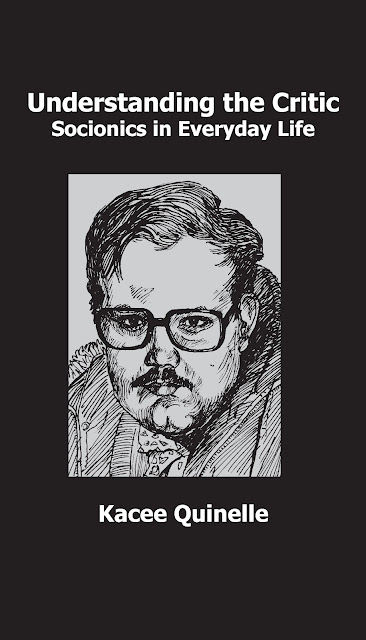Daily Excerpt: Understanding the Critic (Quinelle) - Introduction

Excerpt from Understanding the Critic (Quinelle) - Introduction Do you ever think you were born into the wrong family? Ever wonder what on earth your gifts are? This book is the second in a series of 16 books based on Dr. Ekaterina Filatova’s work, which was first made available to an English-speaking population through her opus , Understanding the People around You: An Introduction to Socionics (2009). Each of the 16 volumes is dedicated to a different socion or sociotype (a personality type within the framework of a society—or in more familiar Western parlance, a psychological type, or psychotype); these terms are used interchangeably in this book. This particular book, the one you are holding in your hands, is dedicated to the Critic personality type, the Introverted, Intuitive, Thinker, Irrational psychological type. This book will help you understand the Critic personality around you—and if you are a Critic, it may help you understand yourself better...

